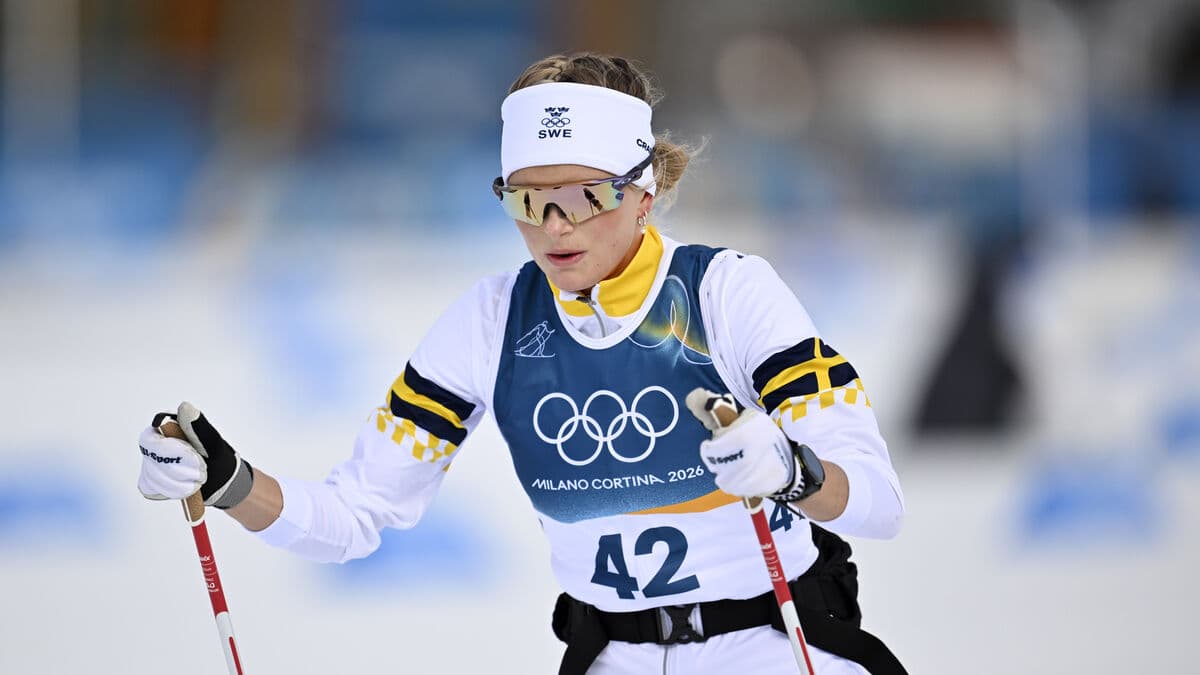The proportion of young people who drink rarely, or have only tried it once, is clearly higher, and those who drink alcohol every week are clearly fewer today compared to 2017, IQ's report shows.
Mojtaba Ghodsi emphasizes that it is not that young people have stopped drinking – they still drink quite a lot. The decrease is seen in comparison to previous generations.
The notion among young people that "everyone drinks" also lives on to some extent.
"I think it's not that strange. It's difficult to compare with previous generations. We can do it because we can look at numbers and measure attitudes," says Mojtaba Ghodsi and continues:
Advertisement
The young people themselves live the lives they live and the people around them drink. It's not that everyone has gone and become sober. It's rather that the occasions when you drink have become fewer and you drink less each time you drink.
The majority avoid drugs
He also says that it is a myth that young people have replaced alcohol with drugs. However, it is those who drink the most alcohol who also use drugs.
A new study from Stockholm University – which followed more than 4,000 young people – shows that the vast majority of Swedish teenagers avoid drugs and crime altogether.
According to the study, a full 75 percent engage in little or no alcohol consumption, drug use or crime. 22 percent have a high alcohol consumption, but little crime. Two percent combine alcohol and other drug use with crime, while less than one percent commit most crimes while drinking and using drugs.
"It is usually a smaller group that is at greatest risk of developing serious problems," says Clas Björklund, a doctoral student at the Department of Public Health Sciences, in a press release.
Risk minimization
Why then are today's young people drinking less?
We see that it is a generation that is more cautious, there is some kind of culture of caution with risk minimization, says Mojtaba Ghodsi.
IQ's 2019 report showed that one in five people were afraid of losing control when drunk, while this year's figure is double that. According to Mojtaba Ghodsi, it may be a fear of social consequences - for example, getting carried away and ending up on social media.
In addition, it has long been known that alcohol is not good for you, but today's young people are acting on that knowledge to a greater extent.
Two out of three young people say they can have just as much fun without alcohol, and nine out of ten would consider giving up alcohol for a year if they got something in return. In 2009, only one in two could imagine that.
Six out of ten think they have a sober lifestyle but do not give up alcohol completely.
Interest in partying is decreasing. In 2001, two out of three young people were very interested in partying. The corresponding figure this year is four out of ten.
Source: IQ's report "Rus & Unga"






